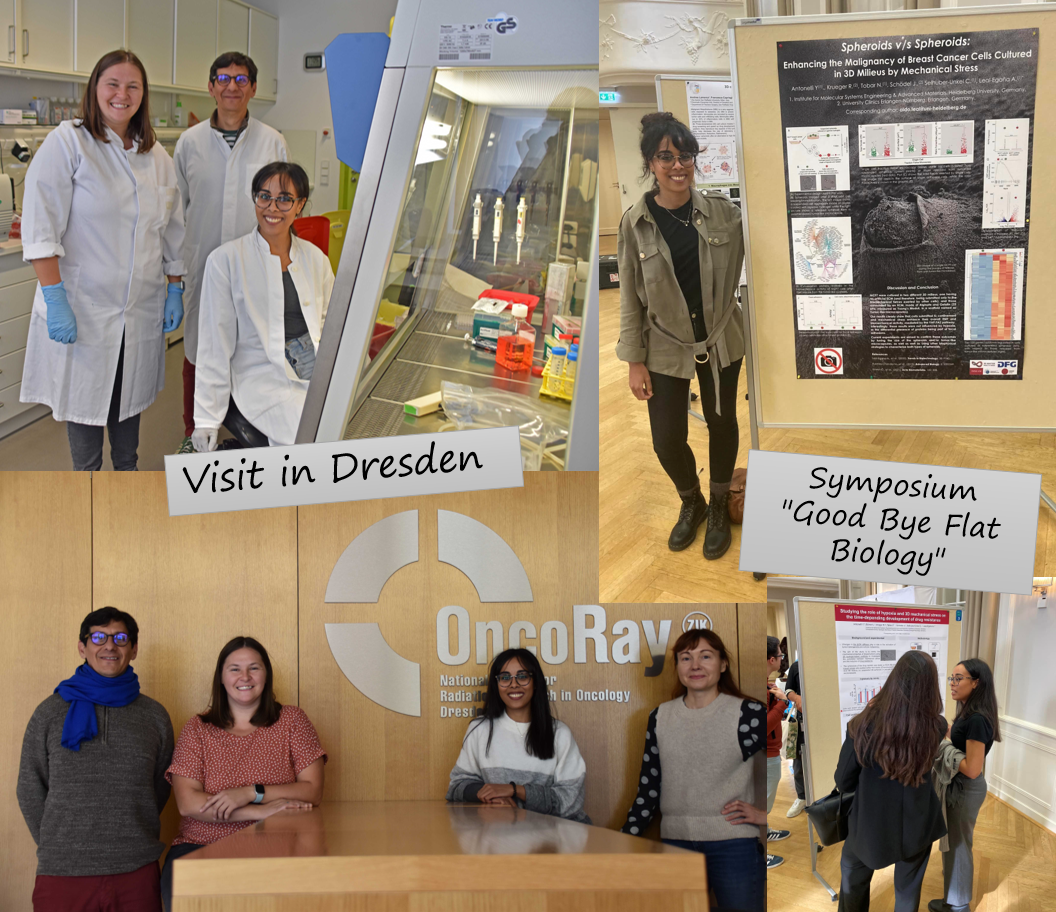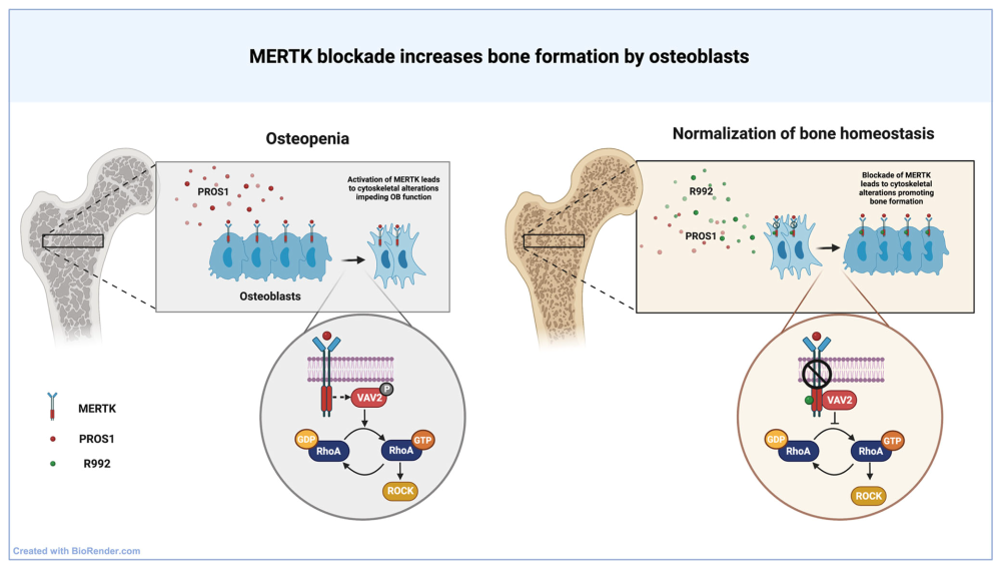Hanna Taipaleenmaki, UKE; Eric Hesse, LMU
Researchers across the globe interact very actively through several routes, including scientific articles and oral presentations at on-site meetings. Meetings also facilitate personal interactions and are an important way scientists communicate directly. The SARS-CoV-2 pandemic outbreak has challenged the whole world and imposed many restrictions on personal freedom and mobility. This also affects the scientific community, in particular the very viable scene of scientific meetings. Although one could assume that this could greatly compromise scientific interactions, it is very interesting to note that it did not, at least not so far and not in a very dramatic way. It is rather an encouraging experience that affordable software solutions for virtual small group meetings but also for larger conferences with several thousand participants became available very quickly and were supported by many universities and scientific societies. Despite the fact that these channels do not fully replace all aspects of direct personal interactions, it is inspiring to note that the vast majority of meetings can actually be replaced. Substituting a larger number of on-site meetings by virtual sessions saves time and reduces travel cost as well as CO2 emission. Thus, non withstanding the fact that the SARS-CoV-2 pandemic outbreak is very detrimental in many aspects and that certain on-site scientific meetings are very useful, opportunities arise to re-think, change and improve the ways scientists can interact in the future. Yet, while existing connections and collaborations can be maintained through various online channels, establishing new scientific interactions is more challenging without personal contacts. Furthermore, developing new strategies and concepts is often more fruitful when meeting in person. Therefore, our uBONE team is looking forward to the next face-to-face interaction within the consortium to exchange ideas and thoughts how to combat cancer-induced bone disease.




